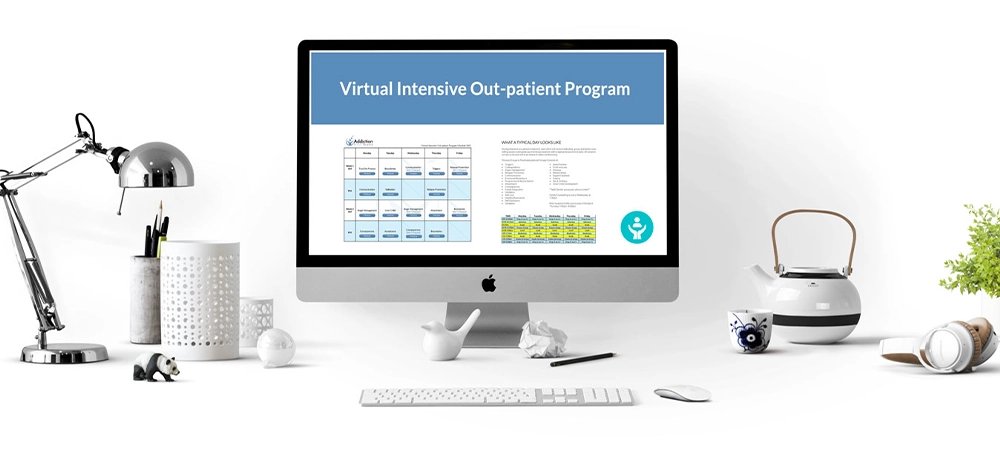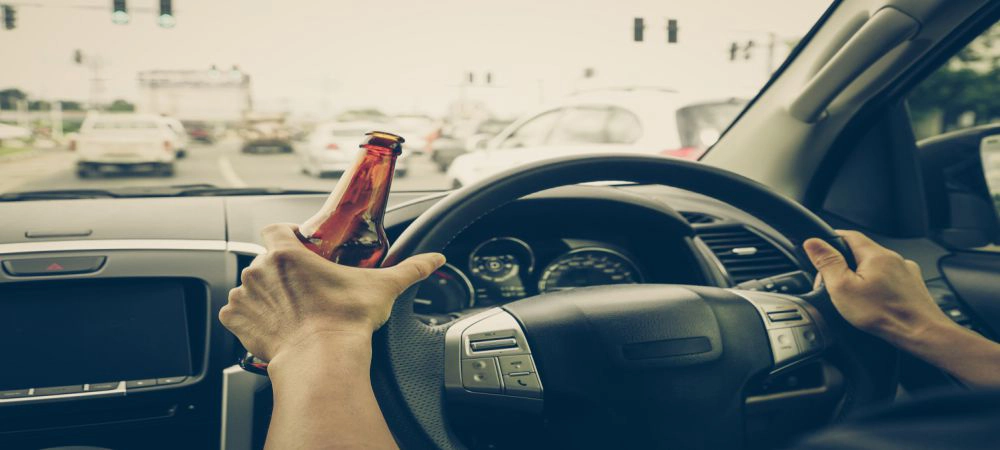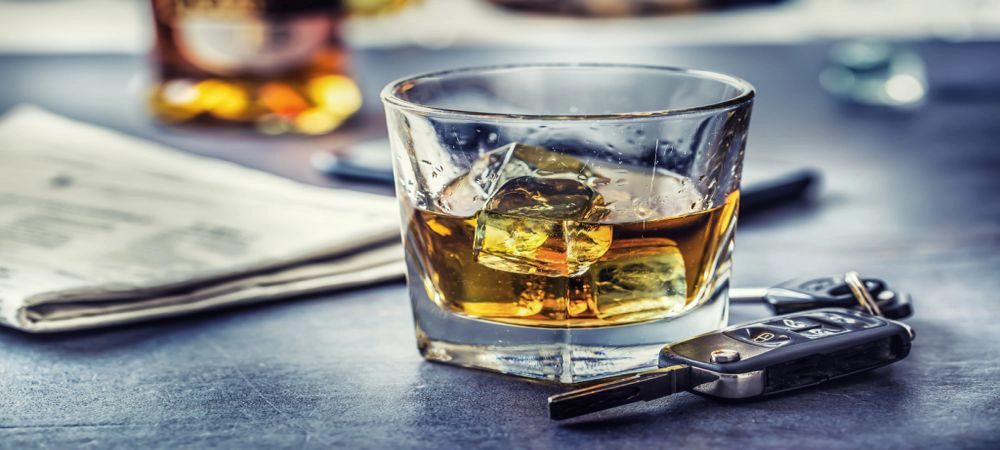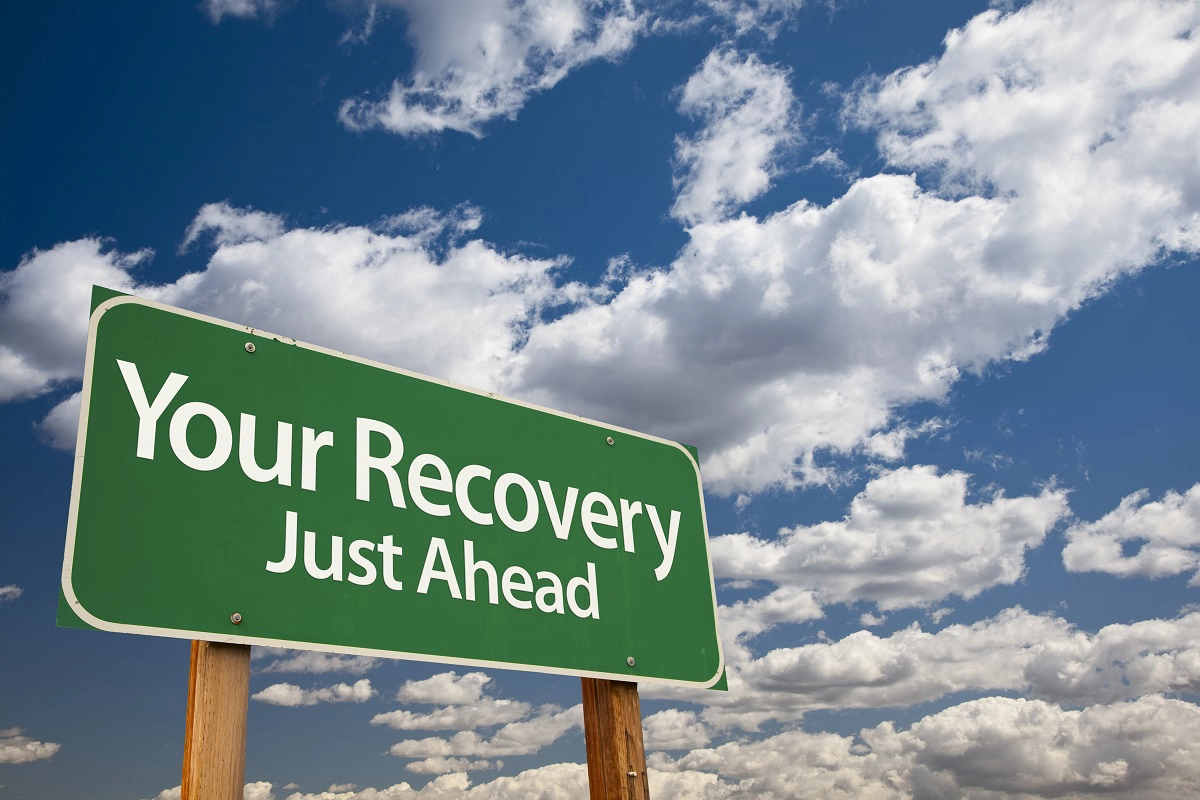Getting picked up for drunk driving isn’t always the life-changing experience that gets people with an alcohol problem to change their ways, but for some victims, life as they know it ends before they even consider making the turn. Despite its explicitly publicized consequences, driving drunk is still rampant.
And to aggravate things further, many offenders don’t stop doing it after their first DUI. A large percentage of motorists that are convicted for drunk driving are repeat offenders who already have sizeable DUI records.
Thankfully, institutions that offer help for alcohol and substance abuse exist, and a proper one will walk you through the right path to recovery, despite your past flaws.
Moreover, if you’re facing a DUI charge, you can help your case by seeking treatment voluntarily, because it will demonstrate to the court that you’re personally invested in getting better. A DUI is a serious offense that carries grave penalties, including hefty fines, a suspended or revoked driving license, and jail time. Going to rehab can be what decides the sentence you receive, and with any luck, you can get off the charges altogether.
In this guide, you’ll learn what it means to be charged with driving while under the influence, how rehab can fit into your case, and why you shouldn’t wait until its too late to get the help you need.

Addiction Rehab Toronto now offers a Virtual Intensive Out-patient Program for those seeking an addiction program to help with ease sentencing. At times attending a treatment program can alleviate or reduce the outcome of charges. For more information, please call: 1-855-787-2424.
What is DUI?
To get off DUI charges with rehab, you first need to understand what the term means entirely. DUI, short for “driving under influence,” is a criminal offence. It is categorized by operating a vehicle under the influence of drugs or alcohol.
In place of DUI, some call it DWI – Driving While Intoxicated. Nevertheless, in several countries across the world, Canada included, DUIs are severe offences. Generally, alcohol is one of the top impairing substances that attract DUI charges, leaving people searching for alcohol addiction rehab for DUI. However, other substances have been known to attract DUIs. In fact, depending on the drug’s legality, they might attract much heavier punishments.
Substances Commonly Associated with DUIs
Some of the substances that most commonly fetch DUIs are:
- Alcohol
- Inhalants
- Any illegal drug: These often invite heavier punishments. The reason is that the person has gone beyond driving under the influence. Now, they have illegal substances as well as using them. A few examples include methamphetamine, cocaine, crack, etc.
- Prescription Drugs: Across Canada, the laws surrounding this differ. However, you generally shouldn’t be driving after receiving certain drugs/shots. This is so even if they’re legal and from qualified medical personnel.
- Marijuana
- Over-the-counter medications

Vehicles Commonly Associated With DUIs
If you go a few lines up, you’ll notice we didn’t narrow our definition down to motor vehicles. This is because, contrary to most opinions, you can get a DUI charge and need alcohol rehab in Toronto for different kinds of vehicles. They are:
- Cars
- Boats
- Trucks
- Construction vehicles
- Airplanes
- Bicycles
- Mopeds
- Motorcycles
- Snowmobiles
- Farm equipment
- Riding lawn mowers
- Golf carts
- Horse-drawn carriages
If you’ve a DUI, you definitely want to get professional help in dealing with it — before it gets too late. You see, in 2020, about 22% of DUIs led to a fatality. Furthermore, alcohol is a huge factor in three to four fatal car crashes each day in Canada. Out of an estimated about 2,800 fatal auto accidents in 2020, at least 1,082 deaths can be attributed to alcohol or other intoxicants
The Elements of a DUI
In Canada, it is illegal to operate a vehicle while impaired by substances like alcohol and drugs. When a law enforcement officer stops a car and has reasonable grounds to suspect that the driver is intoxicated, the officer will likely insist on performing a physical coordination test to assess the level of impairment.
If the outcome of the test suggests that the driver is under the influence, a breath sample or a blood test may be required to determine the precise Blood Alcohol Content (BAC), which is a measure of alcohol per 100 milliliters of blood.
Ontario has three levels of BAC as defined by the law: zero, 0.05 and 0.08. According to the zero-tolerance policy, it is illegal to drive with any amount of alcohol in your system if you’re a young or novice driver, or a commercial vehicle operator.
Older, experienced drivers can drive after having a little alcohol, but a BAC of 0.05 to 0.08 will attract administrative consequences, including license suspension and up to $500 in fines. Any individual caught with a measure above 0.08 will be treated as a criminal under the Criminal Code of Canada.
If your breath sample puts you in one of the BAC categories of impaired driving, you’ll face roadside consequences and further implications if you’re convicted. A person that refuses to provide a roadside breath sample will be treated the same as someone that recorded a BAC of over 0.08.
DUI Arrests and Convictions
After you get arrested, it’s up to the Crown Attorney’s office to file a case against you. The nature the charges will depend on several factors, including your age, the validity of your license, your prior convictions, your level of intoxication, the passengers you had on board, the severity of your drunk driving, and the damage that your actions caused, be they injury, death, or destruction of property.
While it’s unlikely that you’ll walk away entirely scot-free, you can expect minimal charges if you’re a first-time offender with as few undermining details as possible. In most cases, a first DUI charge is labeled a summary offense, and the offender is only required to pay some fines.
However, if you’ve been down that road before, especially recently, yours will likely be an indictable offense, and you could face jail time.
Besides potential criminal penalties, a DUI arrest or conviction will have an instant negative impact on your driving privileges. In Ontario, the authorities can suspend a driver’s driving license immediately if it is proven that they were operating a vehicle while under the influence.
Depending on the situation, your car could also be impounded for several days, and you’ll be slapped with significant administrative costs. The loss of driving privileges often occurs before the offender is taken to court.
Furthermore, even if the Crown Attorney elects to prosecute your crime as a summary charge, the judge may order that measures be taken to make sure you don’t repeat the offense, such as an “ignition interlock” device, whose installation, rental and maintenance fees will be solely on you.
The Long-term Consequences of a DUI

DUI convictions have significant ramifications, and while you may be able to deal with some of them quickly and get back to your life, others can linger for years.
Unfortunately, it’s the long-term shock waves of a DUI charge that can cause the greatest pain. Even after you fulfill your legal obligations, your conviction could still hamper future opportunities.
For instance, most employers conduct criminal background checks before hiring job applicants, which means a record, even for a summary offense, could thwart your best efforts to get employment.
Financial institutions and landlords also perform these checks before granting loans or renting houses. If you already have stable, comfortable work, court dates, jail time and community service hours will adversely affect your schedule and put your job at risk.
And if that’s not enough, auto insurance companies in Canada tend to charge higher premiums to clients with DUI records, since they typically consider them “high-risk” drivers. Your coverage may even get terminated altogether.
Even as a student, you’re not entirely out of the woods yet. Some schools will strictly punish students who have DUIs. Some might use a suspension, among other things. Others may even go as far as expelling the student completely.
This is especially so if the impaired driving caused someone to lose their life. Apart from the effect that it will have on your work or academic life, the financial requirements are somewhat challenging to deal with. You’ll have to pay legal fees, incarceration expenses, court fees, attorney’s fees, etc.
This is seperate from the fact that your car could be placed on a car ignition interlock device. If that happens, in addition to not being able to drive your vehicle, you’ll have to pay the rent of the interlock device.
Finally, you may pay even more than usual for car insurance. This is so because many insurance companies charge higher premiums for people with DUIs. Ultimately, you would’ve spent up to $20,000, and that’s just on your first DUI.
Without a doubt, this is a lot. No matter how financially buoyant you are, $20,000 is a lot of money to blow on things like that. If you already have a DUI charge, it might be too late to start giving lectures on how to avoid DUI charges. However, you must learn how to get off DUI charges with rehab.
Getting Off A DUI Charge with an Addiction Rehab Center
So, have you recently been convicted of driving while under the influence of alcohol or drugs? Well, it’s understandable to panic, given the consequences, but don’t worry too much. First, be thankful you’re still alive and well.
And if no one else was hurt, take a moment to marvel at your good fortune. Statistics show that, in Canada, an average of four people are killed every day in crashes that involve alcohol and/or drugs. It’s therefore great that you still have time to get a hold of your life.
The first instinct for DUI offenders, particularly those with previous charges or whose cases are complicated by factors like injury or death, is to call a lawyer and start drafting a bargain. DUI cases can be challenging to maneuver, and even the best legal brains won’t guarantee you an easy way out.
Occasionally, however, a DUI indictable charge may be reduced to a lesser summary offense like an “open beverage” violation or reckless driving with a proper defense. If not, you could still get a less severe punishment, if you take the right steps. One of them is to check into rehab.
DUI Diversion Programs
DUI diversion programs at rehabilitation centers attempt to prevent repeated convictions by giving eligible offenders the help they need to live responsibly. If you complete the program successfully, your charges could be dismissed, and you would be back with a clean record.
Diversion programs are usually run by the local government in collaboration with rehab centers, and their format depends on the set laws regarding drunk driving. Ideally, a program lasts a few months, during which you must surrender your driver’s license and complete a drug or alcohol treatment, along with volunteer community work.
Even before your case is determined, start researching your area to find out if such programs exist, where to find them, and whether you qualify. You’ll be required to pass an initial evaluation before you can begin the program, but if you have no prior convictions and your drunk driving didn’t result in any aggravating offenses, you’ll have a pretty good chance.
Just keep in mind that if you’re nabbed again for DUI or another crime, or you fail to comply with the policies of the program, the agreement will be revoked and you’ll be sentenced.
No two DUI diversion programs are precisely similar, so talk with your attorney, a judge, social worker, or a rehab expert in your area to learn about the specifics and know how the program can help you get off your DUI charge.
Addiction Treatment
You may not be eligible for a diversion program, but that doesn’t mean all is lost. If your long list of previous DUI charges is the reason such a program is not an option, then you’re better off concentrating on getting treatment for addiction than merely clearing your record.
Although the adversities of drunk driving are well known, people often make this irrational choice repeatedly because they’re addicted to alcohol and are unable to control their consumption.
Therefore, don’t wait until alcoholism gets the chance to hurt you or the people around you. Take your latest DUI charge as a call to action, and start thinking about sobriety. It’s not easy to quit, but with rehab, you can overcome your problem safely and effectively, regardless of its severity.
Rehab for DUI Offenders

At a rehabilitation center, you won’t notice any difference between yourself and a DUI-free in-house client. Sure, you may have court obligations to meet, but that won’t influence the treatment program itself.
Drug recovery experts and medical personnel will determine the most prudent course of treatment to administer, based on the level of your addiction. Alcohol withdrawal symptoms can be menacing, so, a closely-monitored chemical detox might be necessary to get the toxins out of your system, while keeping symptoms like confusion, anxiety, and seizures at bay.
Medical attention is often the first step towards recovery, but after that, you’ll need comprehensive psychological treatment to address the reasons behind your substance abuse.
The services of rehab centers vary among facilities, but at a minimum, you can expect therapy, counseling and education, group empowerment activities, and sometimes holistic treatments like yoga and meditation.
Even if you don’t think you’re an addict, rehab may offer you the support you need to cope with your arrest. You will meet and interact with people who have been in the same, and even worse situations than yours, and they will be ready to offer you their advice.
More importantly, you’ll get the opportunity to understand why you’ve been risking your life, and how to deal with whatever personal issues and feelings you may have.
How Rehab Can Help Your Case
Although a typical rehabilitation program might not be as effective as a diversion program when it comes to getting your charges dropped, it definitely won’t hurt your chances.
Your lawyer will have a much easier time negotiating a bargain with the Crown Attorney if you’re already showing commitment to getting sober. The court may even accept a rehabilitation program in place of jail time, and you’ll have a better chance of fulfilling the terms of your conviction if you’re no longer hooked to alcohol or drugs.
Residential treatment for DUI offenders is a 24-hour program, so you won’t be able to come and go as you please. Your rehab center will also need to detail the treatment you’ll receive, and you must meet all the requirements of the program for it to be acceptable by the judge as a substitute to jail time.
Also, seek a rehabilitation organization that is known to have programs that work. A center with an excellent reputation for transforming lives will motivate the court to rule in your favor.
Getting Back to Normal Life After a DUI Charge
A DUI conviction will undoubtedly leave you with numerous questions regarding the direction of your life. Regardless, keep in mind that you can move on if you make the right choices. You don’t have to skip town or isolate. There’s still hope if you acknowledge your problem, own up to your mistakes, and work towards getting better.
Checking into rehab, joining a support group, signing up for therapy and attending classes are all moves you can make to get back to normal. Finding a new hobby can also help to take your mind off your drinking problem and your DUI.
If you’re certain you don’t have an alcohol problem, a DUI charge still requires that you reevaluate your life. Consider whether it’s the people around you that are encouraging reckless behavior and if so, let them know you’re a changed person so that they can acknowledge and support your choice.
Conclusion
Driving while under the influence of alcohol is illegal, but it doesn’t make you a bad person. It’s doubtful that you’ll spend time in jail or face a mountain of fees if you’re a first-time offender, and with any luck, you’ll end up with a clean record after a few months in a diversion program.
Even if it’s your third or fourth DUI arrest in recent years, you still have some cards on the table. Checking yourself into rehab may give you a shot at a more lenient sentence, not to mention the assistance you need to triumph over your addiction.
A DUI charge is unfortunate, but the important thing is to make sure it doesn’t happen again. Drive safely!







